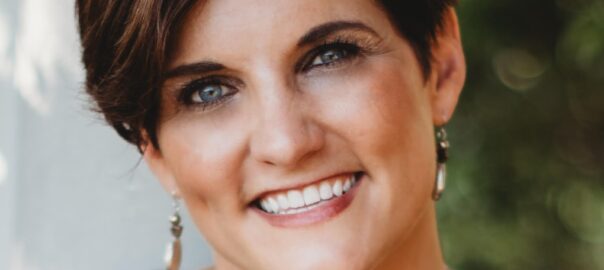By: Zorina E. Frey
“Poetry and business writing are the Capulets and Montagues…”
Poetry is under appreciated by the business industry. It is not recognized as the staple of rhetoric its serves in our language. It’s overlooked as a hobby and not as the true literary artform it is.
Working as a copywriter, I can’t tell you how many interoffice pings I received from digital marketers and even C-level executives asking me to brainstorm some catch phrase for one of our clients. Being the poet I am, I didn’t hesitate to quickly ping back a list of options for them. It wasn’t until I joined a writing team for another company did I realize when writers aren’t strong poets, coming up with catchphrases doesn’t come naturally.
The Business of Writing Poetry
There is a disconnection between poetry and business writing. So many marketing agencies don’t realize they need a poet to be part of their writing team. Likewise, many poets may not realize their talents are needed outside of academia. Poetry’s carpe diems rhetoric breaks the rules of traditional business writing. On the other hand, business writing’s formal rules seem as though it quells poetry’s creative rhetoric.
Star-Crossed Rhetoric. If That Isn’t Poetry, I Don’t Know What Is.
Poetry and business writing are like two people who hate each other but are secretly in love and neither one of them wants to admit it. It’s as if these two writing artforms come from separate worlds but are essentially one in the same. Poetry and business writing are the Capulets and Montagues—star-crossed lovers destined to be together even though the world wants to keep them apart.
Are we good on the similes and metaphors?
These two literary forms can’t play nice together because of disapproving outside influences in their respected genre. Business writing has its traditional writing rules and poetry has a bohemian existence that thrives in academia. “Both academia and bohemians are perceived to live outside the economic and social systems…” (Gioia 107). However, every television commercial, radio podcast, company social media post, ecommerce product, and even electoral slogans signify a poetic voice.
There is a give and take on both sides. The poet must conform his or her work to traditional styles of writing and business writers need to make room in their rhetoric for the bohemian artform. The payoff—especially for the poet will result in a broader spectrum of professional writing options while businesses benefit from more insightful and rich content that can better appeal to a person’s senses.
Infomercial: Got Poetry?
When I worked as the lead copywriter for a digital marketing agency in Miami, our staff met twice a week for client updates and to discuss creative ideas. In a nutshell, the ideas involved searching for the right string of words to convey a client’s message that had to be clear, concise, and witty. What they were asking for is poetry.
When I worked as a content writer for a restaurant supply company, the team would spend up to 45 minutes agreeing on the right type of wording for an Instagram post. When it came to writing product descriptions for the company’s website and Amazon, the type of verbiage we were expected to produce had to complement the visually appealing product photo. This is also poetry.
When You Find That Writer, You’ll Know
Wouldn’t it then, make sense for employers to take a second look at their writing team, recognize the poets and give them the credit they deserve? Not every writer is a trained poet, and not every poet is a trained writer. There are writers whose skillset is strong with grammar. Another writer might be good at monologue and scriptwriting. Another writer may be strong at research, collecting facts, and reporting them. Then you have the poet who is pretty damn good at descriptive storytelling. For businesses that are lucky enough to have a writer who’s good at all these things, hold on to that writer. Hold on to that writer tight, and never let that person go.
Works Cited
Gioia, Dana Gioia. Ways of Living. Can Poetry Matter? Graywolf Press, 1992

Zorina Frey is an MFA candidate at Converse College from Miami, Florida. She’s published in the forthcoming Chicken Soup for the Soul: I’m Speaking Now, Shondaland, Writing Class Radio, Filter, and Michiana Monologues. Zorina holds a BA in Journalism and a certificate in web design from Indiana University. She also has a literary publishing certificate from Emerson College.




